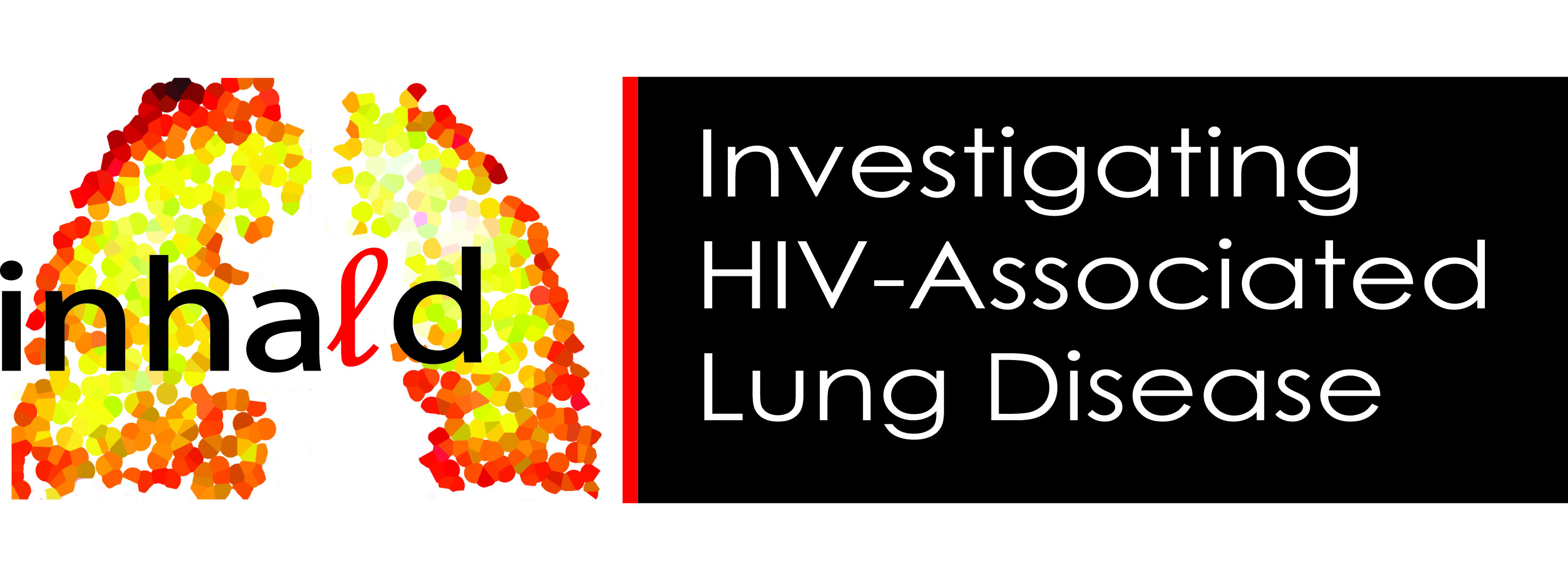
Welcome to the INHALD Public Website
INHALD was created in September of 2013 to investigate and define cellular and molecular events underlying the pathogenesis of HIV-associated lung diseases (e.g., COPD and pulmonary hypertension). Effective antiretroviral therapy regimens (ART) have resulted in long-term survival of HIV-infected individuals and a rapidly expanding aging HIV-infected population. Infectious HIV-associated lung diseases, such as pneumonia and tuberculosis, and noninfectious HIV-related lung diseases, such as COPD and lung cancer, are much more prevalent in older individuals and are increasingly causes of morbidity and mortality. The pathogenesis of HIV-associated lung diseases and accelerated senescence of the lungs, which appear to be closely connected, are not well understood. As a result of these gaps in understanding, the ability to predict risk, provide accurate prognosis, and develop effective preventive or treatment therapies is lacking.
The National Heart, Lung, and Blood Institute (NHLBI) established the INHALD network to investigate and define cellular and molecular events of HIV-associated lung diseases. The INHALD network consisted of eight clinical and basic research sites and one data management center. Each site was individually funded and had its own scientific aims and protocols. The network included two sites at the University of Colorado, Denver, Washington University, St. Louis, Johns Hopkins University, Massachusetts General Hospital, Indiana University, University of Louisville, Weill Medical College of Cornell University, and LAMDACC (Lung AIDS/HIV Mechanisms Data Analysis and Coordinating Center). The INHALD study officially ended in July of 2019.